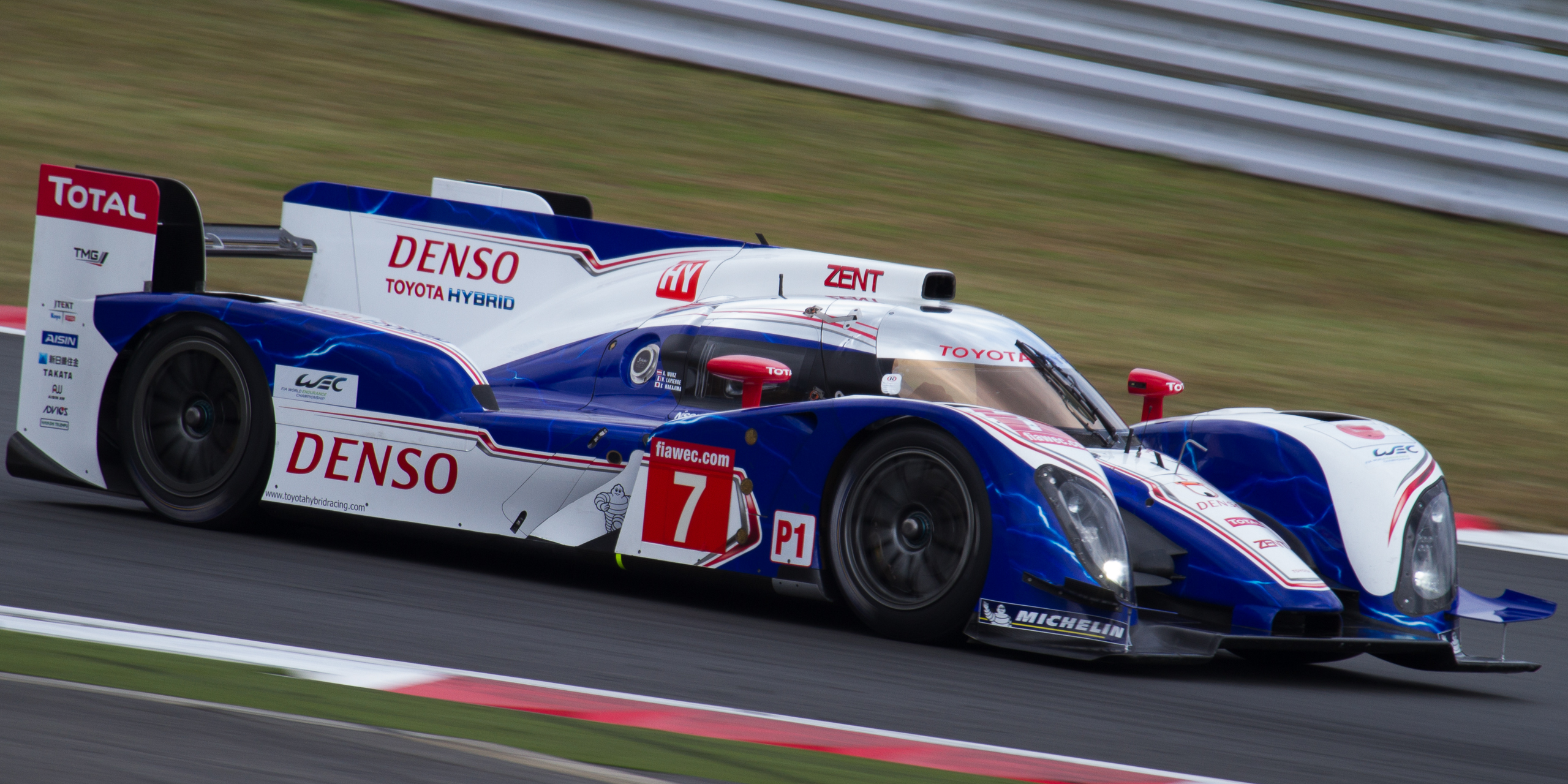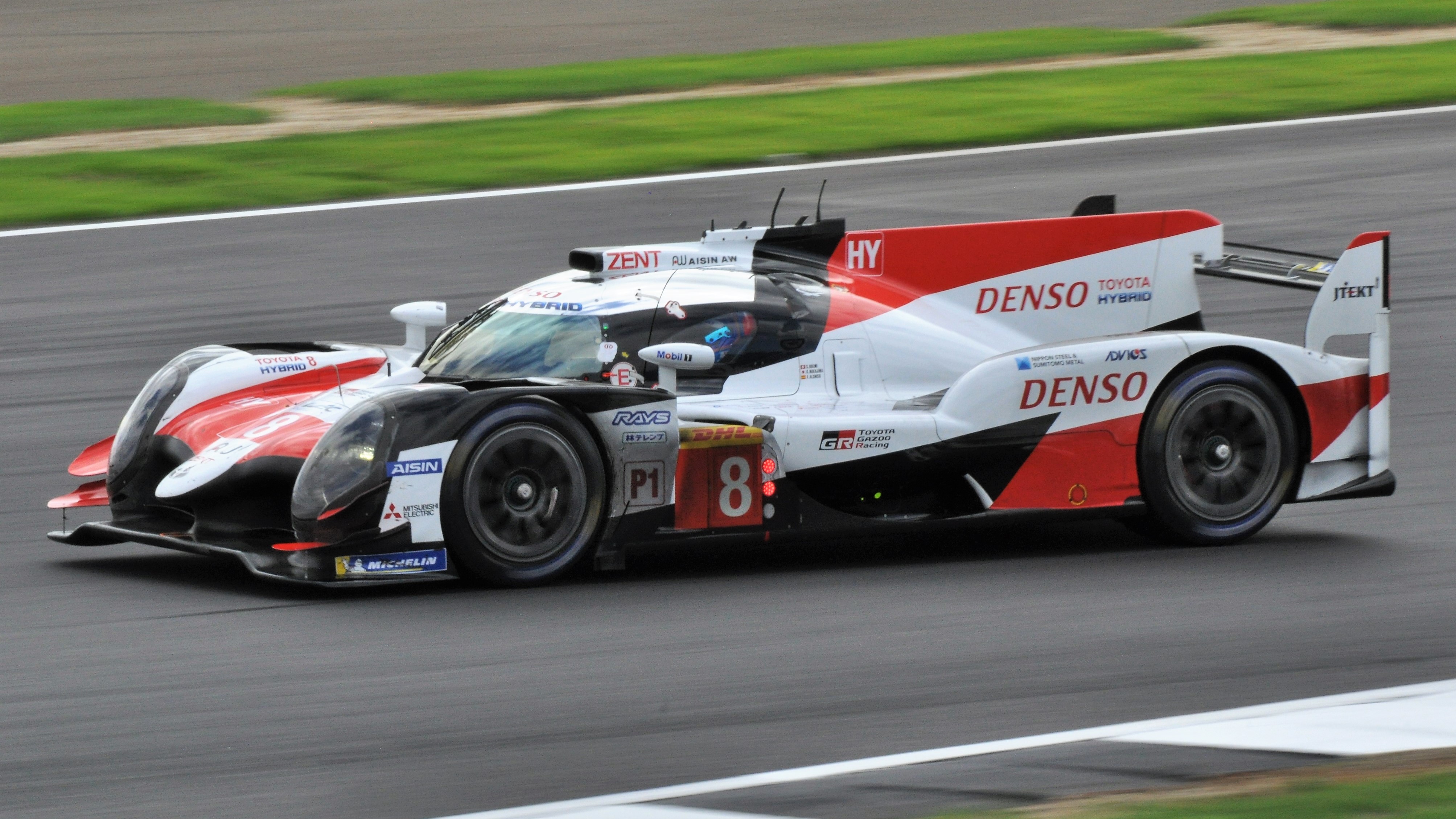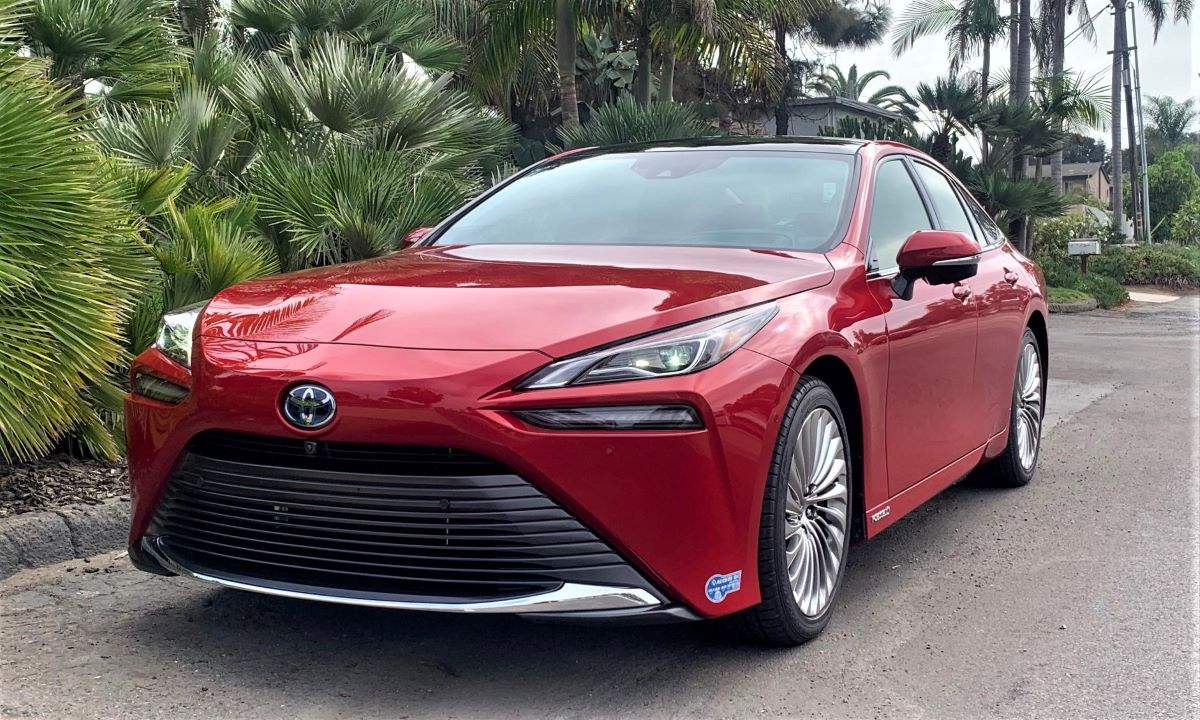Toyota's history is a captivating narrative that goes beyond business growth and captures the essence of innovation, leadership, and global influence. From its early days as a loom manufacturer to its current status as a pioneer of the automotive industry, Toyota's trajectory is a testament to its unwavering commitment to quality, its groundbreaking manufacturing methods, and its revolutionary contribution to sustainable mobility.
Origins and Early Days: From Looms to Automobiles
Toyota's roots go back to the genius of Sakichi Toyoda, who revolutionized the textile industry with the invention of the automatic power loom. His innovation brought him international acclaim and his legacy provided a firm foundation for his son, Kiichiro Toyoda, to envision a future beyond textiles. Kiichiro, inspired by the industrial progress of the West, embarked on a journey to study automobile manufacturing techniques in the United States and Europe. The insights gained from this trip laid the foundation for his dream of establishing a Japanese automobile industry.
In 1933, the company introduced the Type A engine, marking its official entry into the automotive field. The name "Toyota" was chosen because of its auspicious connotations and the belief that it would bring prosperity. This decision not only signaled the company's shift towards the automobile but also reflected its attention to detail and cultural sensitivity.
Toyota Production System: Revolutionizing Manufacturing
The Toyota Production System (TPS), often referred to as the "Thinking Production System", went beyond mere manufacturing practices. It was a philosophy that empowered workers and celebrated continuous improvement. Eiji Toyoda, a key figure in the development of TPS, recognized that true innovation came from the shop floor, leading him to emphasize employee involvement in problem-solving. The principles of TPS were developed by American engineer W. Edwards Deming, whose statistical methods contributed to Toyota's quality management practices.
The practice of "jidoka", or automation with a human touch, ensured that machines were shut down when defects were found, highlighting Toyota's devotion to quality. Lean principles of the system emphasize the elimination of waste in all forms, whether it be overproduction, waiting time, excess inventory, or unnecessary transportation. This focus on customization and resource efficiency was a major reason behind Toyota's continued success.
Land Cruiser and Corolla: Global Success Stories
Less well-known is the historical significance of the Land Cruiser, a symbol of Toyota's reputation for durability and performance. It was originally developed as a prototype military vehicle for the Japanese Imperial Army during World War II. After the war, Toyota reworked the design, creating the famous Land Cruiser series. This blend of military heritage and civilian utility demonstrates Toyota's adaptability and innovation.
| Toyota Land Cruiser |
In the 1960s, the introduction of the Corolla was not simply a response to market demand; It was a well-thought-out strategy to capture the global market. Toyota aims to provide a reliable, economical, and practical vehicle for the masses. The Corolla's meticulous engineering and design made it an extraordinary success, but its beginnings were also rooted in Toyota's deep understanding of consumer needs and strategic approach to international expansion.
 |
| 1966 Toyota Corolla |
Challenging the Norms: Environmental and Technological Leadership
While the launch of the Prius in 1997 marked Toyota's entry into the hybrid market, the inspiration for this game-changing vehicle can be drawn from the oil crisis of the 1970s. During this period, Toyota began researching alternative energy sources and sowed the seeds for future innovations. The development of the Prius involved overcoming several engineering challenges, with engineers devising ways to seamlessly integrate gasoline and electric power sources. The vehicle's success was a testament to Toyota's long-term vision and its willingness to adopt unconventional solutions.
 |
| 1997 Toyota Prius |
Global expansion and flexibility
Toyota's global expansion has included not only setting up manufacturing plants but also developing relationships with local communities. The company's approach to "kaizen" (continuous improvement) extended to its operations overseas, leading to cultural integration and mutual growth. Toyota's response to challenges, such as recalls in the late 2000s, was a lesson in humility and transparency. The experience strengthened the company's commitment to rectifying mistakes and upholding its core values even in the face of adversity.
Toyota's racing ambitions: a drive for excellence
Toyota's entry into motorsports can be traced back to the 1950s when the company participated in local races in Japan. However, it was during the 1960s that Toyota made its foray into international motorsports. The Toyota 2000GT, an attractive and powerful sports car, took the global stage by storm, impressing enthusiasts and competitors alike. The 2000GT's participation in endurance races demonstrated Toyota's engineering prowess and determination to compete with established European counterparts.
_right_Toyota_Automobile_Museum.jpg) |
| Toyota 2000GT |
Rally Dominance and Dakar Adventures
Toyota's venture into rallying marked an important chapter in its racing history. The Toyota Celica GT-Four became a symbol of success, winning the World Rally Championship (WRC) and other international events. The brand's resounding victory not only showcased its engineering excellence but also kindled a passion for high-performance vehicles among enthusiasts.
_front.jpg) |
| Toyota Celica GT-FOUR |
The Dakar Rally, known for its grueling challenges across various terrains, also showcased Toyota's spirit of adventure. The Toyota Land Cruiser and Hilux models were modified and refined to conquer the inhospitable desert landscapes. Toyota's efforts at the Dakar Rally embody a commitment to pushing the boundaries and testing the limits of its vehicles.
.jpg) |
| Toyota Hilux Dakar Rally |
Le Mans Pursuits and Hybrid Innovation
Toyota's quest for racing glory extended to endurance racing's most prestigious event: the 24 Hours of Le Mans. The development of the Toyota TS030 Hybrid marked an important moment in Toyota's adoption of hybrid technology on the racing circuit. The decision is in line with the company's commitment to sustainable mobility and innovation.
 |
| Toyota TS030 Hybrid |
In 2018, after years of effort, Toyota achieved a historic victory at Le Mans with the Toyota TS050 Hybrid. The victory not only symbolizes Toyota's racing prowess but also demonstrates its ability to blend cutting-edge technology with racing excellence.
 |
| Toyota TS050 |
Racing's impact on innovation
Toyota's involvement in motorsports has had a profound effect on its production vehicles. Technologies developed and refined at the track have often found their way into Toyota's road cars, leading to increased performance, safety, and efficiency. This transfer of knowledge and innovation underlines Toyota's holistic approach to engineering and commitment to providing vehicles that deliver both excitement and practicality.
_-_Flickr_-_jns001.jpg) |
| Toyota Supra Mk4 |
The Road to the Future: Innovation and Beyond
Toyota's commitment to sustainable mobility isn't limited to its vehicles; This extends to its manufacturing processes as well. The company is experimenting with renewable energy sources such as solar and wind power in its production facilities. Furthermore, Toyota's investment in fuel cell technology, as seen with the Mirai, reflects its determination to seek diverse solutions for a greener future.
 |
| Toyota Mirai |
Conclusion: Shaping History, Driving Tomorrow
Toyota's journey from textile machinery to automotive dominance is a story of remarkable depth and significance. The fine details of its history underscore its adaptability, dedication to quality, and transformative contribution to manufacturing. The global success of vehicles such as the Land Cruiser, Corolla, and Prius exemplifies Toyota's ability to connect with a wide variety of consumers. As Toyota faces the challenges and opportunities of the 21st century, its legacy as a leader in innovation, sustainability, and business acumen is shaping the course of the automotive world.

